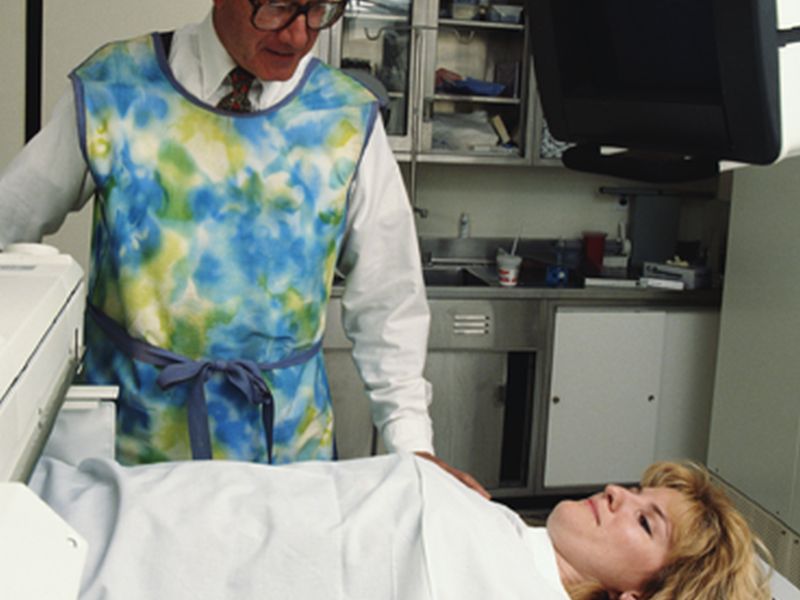

Women Fare Better Than Men After a Heart Valve Replacement
While women initially have more complications, chances of survival are higher, study says
Monday, December 19, 2016


MONDAY, Dec. 19, 2016 (HealthDay News) -- Women have a higher survival rate than men after a specific type of heart valve replacement procedure, a new study finds.
The procedure is called a transcatheter aortic valve replacement (TAVR). Researchers looked at information from more than 23,000 heart patients. They all had TAVR between 2011 and 2014. The study included nearly an equal number of women and men.
Even though women had more complications after the procedure, their chances of survival over the next year were higher than for men. The reasons for this aren't clear, the study authors said.
The study was published Dec. 19 in the Journal of the American College of Cardiology.
TAVR is a minimally invasive method used on high-risk patients with aortic valve disease. Patients with this condition can undergo one of three treatments: TAVR; surgical aortic valve replacement (SAVR); or medical therapy, the researchers said. To decide which treatment a patient should receive, doctors use scoring methods to determine the risk of complications or death within 30 days.
But these scoring methods were generally designed to predict risk associated with SAVR, not TAVR, the researchers explained.
"These findings are significant because it may mean heart teams are overestimating the risks of TAVR in some women, and that also may mean that valve replacement is underutilized," said study senior author Dr. Roxana Mehran. She is a professor of medicine in cardiology at Mount Sinai School of Medicine in New York City.
"In other words, some women who could benefit from TAVR may not be getting it," she said in a journal news release.
Because the study only looked at survival rates after one year, Mehran said that "further study is needed on the medium- to long-term causes of death in men and women who have had TAVR."
The results of the study should be interpreted with caution, according to Dr. Molly Szerlip, a cardiologist at The Heart Hospital Baylor Plano in Texas. She wrote an editorial accompanying the study.
"The findings of this study are only applicable to the population that was studied and should not necessarily be extrapolated to lower-risk populations or to patients who receive newer-generation valves," Szerlip said in the editorial.
SOURCE: Journal of the American College of Cardiology, news release, Dec. 19, 2016
HealthDay
Copyright (c) 2016 HealthDay. All rights reserved.
News stories are provided by HealthDay and do not reflect the views of MedlinePlus, the National Library of Medicine, the National Institutes of Health, the U.S. Department of Health and Human Services, or federal policy.
- More Health News on:
- Heart Disease in Women








































No hay comentarios:
Publicar un comentario